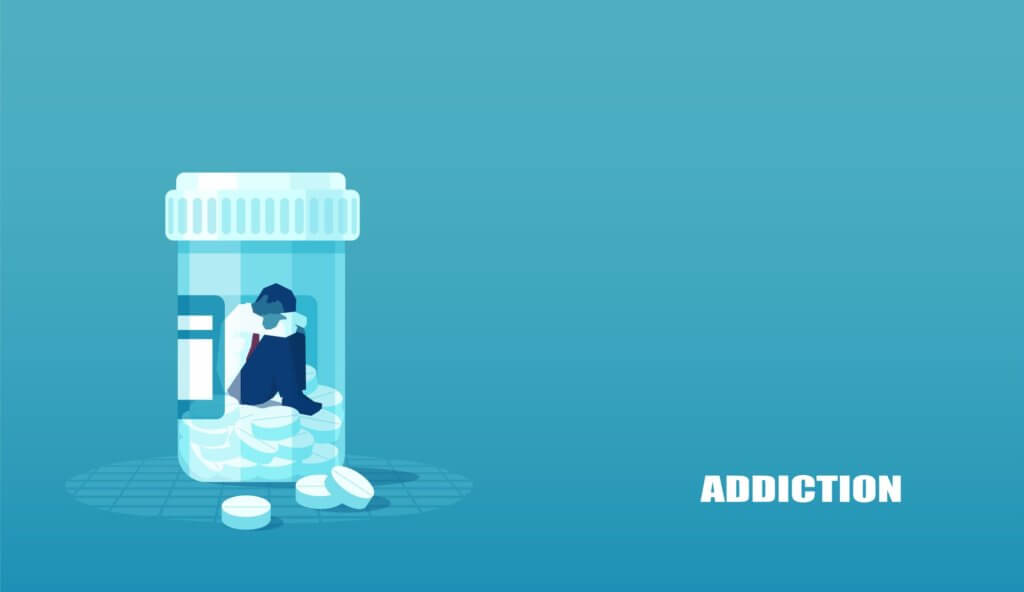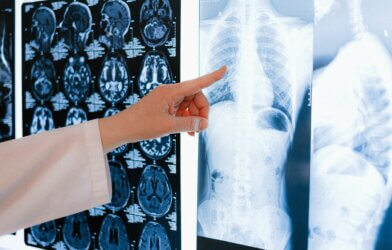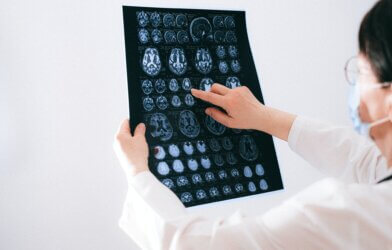Dallas-based Spark Biomedical, Inc. is a wearable neurostimulation solutions developer that seeks comprehensive treatments for those suffering from addictions and their withdrawals. Spark has pioneered new technologies to help patients overcome acute opioid withdrawal using Transcutaneous Auricular Neurostimulation (tAN®). The Sparrow Therapy System received FDA approval in January 2021, and now Spark Biomedical is pursuing a new therapy that can take opioid addiction recovery a step further—improving relapse prevention.
Spark Biomedical recently received a $2.94M grant from the National Institutes of Health HEAL Initiative, partnered with the Hazelden Betty Ford Foundation and Gaudenzia, Inc. This funding will help Spark conduct a clinical trial to assess how their tAN therapy may improve the patient’s retention of opioid addiction treatment.
Researchers are hopeful that the extended use of Transcutaneous Auricular Neurostimulation will improve the reduction of “post-acute opioid withdrawal symptoms as well as ongoing opioid cravings.”
In previous trials, the Sparrow Therapy System was proven effective after just 60 minutes of tAN therapy, as it was able to successfully reduce acute opioid withdrawal symptoms. It maintained its effectiveness throughout a five-day detox duration as well.
The new NIH-funded two-phase clinical trial is set to begin January 2022. The first phase will seek to study the rate of treatment retention and the decrease in withdrawal symptoms for the duration of the acute detox. This first phase will include the use of active and placebo tAN therapy and active and placebo Lucera®.
The second phase will study the use of tAN therapy with extended-release injectable naltrexone (Vivitrol®) against the use of only Vivitrol for three months. Researchers hope to gain insight of its impact on the rate of relapse and reduction in opioid cravings and post-acute withdrawal symptoms.
Spark’s Chief Science Officer, Dr. Navid Khodaparast, Ph.D. stated, “the Sparrow Therapy System is the only non-invasive, auricular neurostimulation therapy for mitigating opioid withdrawal symptoms, with no known side effects.” Researchers like Dr. Khodaparast and Dr. Alta DeRoo, MD, Chief Medical Officer of the Hazelden Betty Ford Foundation, recognize the devastation opioid addictions have on families and the great need for diverse solutions.
Dr. Dale Klatzker, Ph.D., CEO of Gaudenzia, Inc., elaborated on the challenge of enduring a long-standing recovery from opiods. “The longer a person remains connected to some form of treatment, the better they will be at managing their recovery throughout their life”, he stated.
The opioid epidemic in the United States has steadily risen since the 1990s. According to the CDC, the opioid crisis killed over 70,000 people in the U.S. alone in 2020.













Comments